
Vienna
1922
by
Larry Evans
Foreword by John Donaldson

2011 Russell Enterprises, Inc. Milford, CT USA Vienna 1922 by Larry Evans ISBN: 978-1-936490-02-8 Copyright 2011 Larry Evans All Rights Reserved No part of this book may be used, reproduced, stored in a retrieval system or transmitted in any manner or form whatsoever or by any means, electronic, electrostatic, magnetic tape, photocopying, recording or otherwise, without the express written permission from the publisher except in the case of brief quotations embodied in critical articles or reviews. Published by: Russell Enterprises, Inc. P.O. Box 3131 Milford, CT 06460 USA http://www.russell-enterprises.com Cover design by Janel Lowrance Photo of Larry Evans (p.6) courtesy of Ruth Haring Photo of Vladimir Vukovic courtesy of Jon Edwards Printed in the United States of America

Foreword
Vienna 1922 Revisited
Vienna 1922 is remembered as one of the first great tournaments after World War I. All the stars of the day (Alekhine, Bogoljubow, Grnfeld, Marczy, Rti, Spielmann, Tarrasch and Tartakover) played except Capablanca and Lasker, but it was Akiba Rubinstein who was to turn in an outstanding success scoring an undefeated 11 from 14 to finish a point and half ahead of second place Tartakover and two and a half (!) points ahead of Alekhine.
This was the same Alekhine who had been dominating the tournament arena of the early 1920s having taken first place at The Hague, Budapest and Triberg the year before and Hastings a few months earlier. Hindsight allows us to know that Vienna 1922 was an aberration, that the future would belong to Alexander Alekhine, but for fans of the great Rubinstein this was one last chance to dream that he might yet battle for the world championship title. Certainly his victories over Alekhine (the last of his career), Bogoljubow (which won the first brilliancy prize) and Spielmann compare with the best games he ever played. Every tournament winner needs a little luck and Rubinstein used his to save a difficult and theoretically important ending against his compatriot Tartakover in what proved to be the crucial game in the battle for first place. Vienna 1922 will also be remembered as the greatest result in the career of the Austrian master Heinrich Wolf who finished an outstanding third with 10 points, beating both Alekhine and Bogoljubow. The journeyman master Wolf, who was to perish at the hands of the Nazis in 1943, played in many other international events in his career but with nothing resembling the success he enjoyed at Vienna 1922.
The influence of the Hypermoderns was felt in this event. While the participants opened overwhelmingly with 1.e4 and 1.d4, the Nimzo-Indian, Grnfeld (featuring a win by the creator of this opening with his favorite weapon against Alekhine) and Alekhine all saw action. Curiously, while four games opened 1.e4 Nf6, none featured Alekhine either as Black or White. Many famous chess writers were in attendance at Vienna 1922. Alekhine, Tartakover, Tarrasch and Rti are remembered as not only great players but also for their literary contributions to the game. While no one would ever compare Vladimir Vukovic and Imre Knig as players to this illustrious group their classic works The Art of Attack and From Morphy to Botvinnik, are still read with benefit by chess players today.
Vienna 1922 was the international debut for Knig, who was studying in Vienna at the time and, at 21, was the youngest player in the tournament. This writer had the honor of talking with Knig at his home in Santa Monica, California in 1990. A gentlemen of the old school with a sharp sense of humor, Knigs memory was still sharp in his 90s. He vividly recalled the pleasures and distractions of studying in Vienna in the 1920s when the famous coffeehouse culture was still going strong. The author of this work, Larry Evans, is best remembered today for his books and columns and serving as Bobby Fischers second, but his abilities as a player should not be forgotten. A junior talent when they were not nearly as common as today, Evans finished in the middle of the field (10th place with 11 from 19) in the 1948 U.S.
Championship, the year this book was written. Two years later he would make his debut for the United States in the 1950 Olympiad at Dubrovnik, scoring an excellent 8 from 9 (tied for the best result in the event with Rabar) less than a month after being in a serious automobile accident. The next three decades Evans would be a regular member of the U.S. national team and would win the U.S. Championship five times. This book marked the beginning of what turned out to be one of the longest and most productive literary careers in American chess history.
A complete list of all of grandmaster Larry Evans contributions would require a small book but one can mention his co-authoring My Sixty Memorable Games with Bobby Fischer, his revision of MCO-10, his magazine American Chess Quarterly and his long-running column in Chess Life as some of the highlights. John Donaldson Berkeley, California October 2010 Publishers Note This was the first book ever written by American grandmaster Larry Evans. The then 16-year-old master self-published it in 1948 with English descriptive notation, no diagrams, with a plastic ring binding, mimeographed. In early 2010, when we contacted Larry, he was persuaded to revise and update it, making use of modern figurine algebraic notation, and many diagrams, not to mention annotations that have made him one of the most popular chess writers of our era. Just when this book was being prepared to go to press, however, the tragic news flashed around the world: Larry Evans had died. As far as chess in America was concerned, he had been a national treasure.
But his loss was not felt only in the U.S. He was admired as a chessplayer, journalist and author worldwide. As noted by John Donaldson in his Foreword, this book marked the beginning of what turned out to be one of the longest and most productive literary careers in American chess history. It also tragically turned out to be Larrys swan song. It is unlikely that the chess world will ever see another chessplayer who accomplished so much both with the pieces and with the pen. 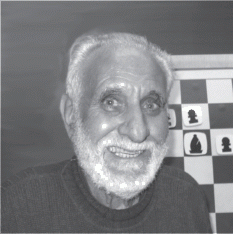 Larry Evans 1932-2010 Career International Master 1952 International Grandmaster 1957 5-time U.S.
Larry Evans 1932-2010 Career International Master 1952 International Grandmaster 1957 5-time U.S.
Champion 1951, 1952, 1961/62, 1967/68, 1980 4-time U.S. Open Champion 1951, 1952, 1954, 1971 5-time Chess Olympiad Medalist: Individual Gold (1950), Silver (1958), Bronze (1976) Team Gold (1976), Silver (1966) U.S. Chess Hall of Fame (1994) Chess Journalism Chess Journalist of the Year (2000) Regular Columnist, Chess Life Syndicated Newspaper Column, Evans on ChessBooks (alphabetically): American Chess Quarterly; Championship Chess and Checkers for All (with Tom Wiswell); The Chess Beat; Chess Catechism; Chess Endgame Quiz; Chess in 10 Lessons; The Chess Opening for You; Chess World Championship 1972: Fischer vs. Spassky (with Ken Smith); Evans on Chess; How Good Is Your Chess?; How to Get Better at Chess (with Jeremy Silman); How to Open a Chess Game; Lessons with the Masters (with Ken Smith); Modern Chess Openings, 10th Edition; Modern Middlegame Lessons (with Ken Smith); Move by Move (with Ken Smith);
Next page
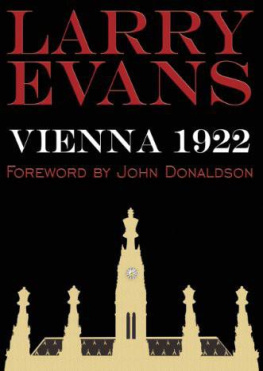
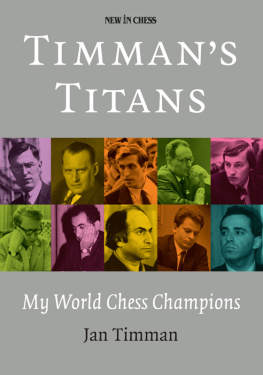
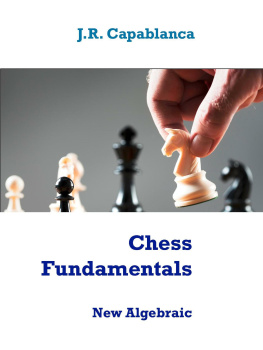
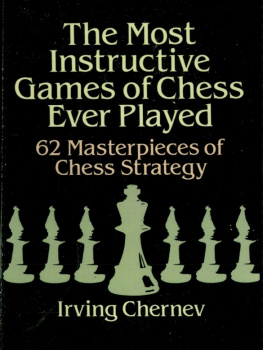
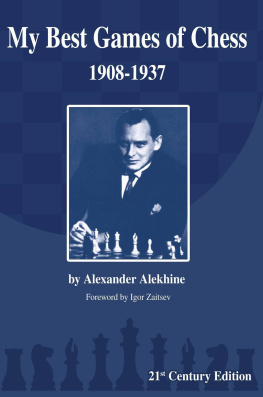
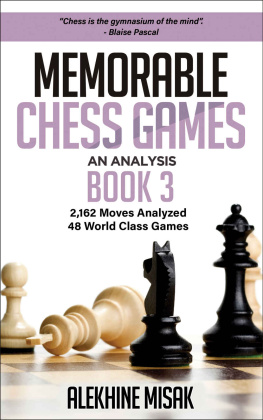
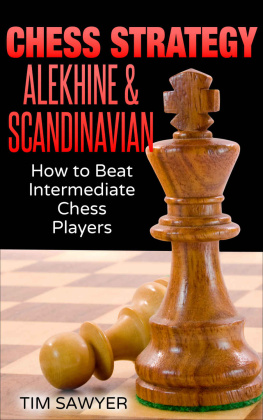
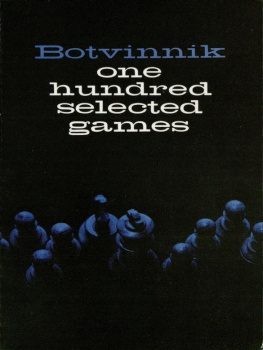
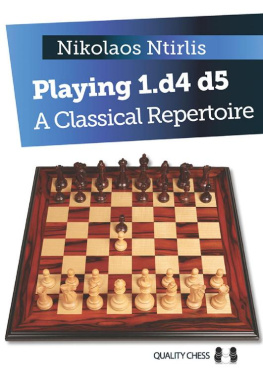
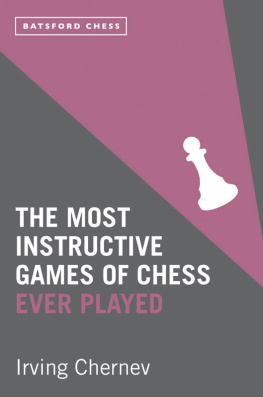
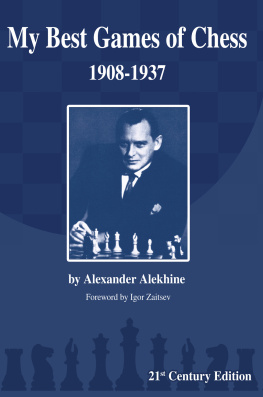
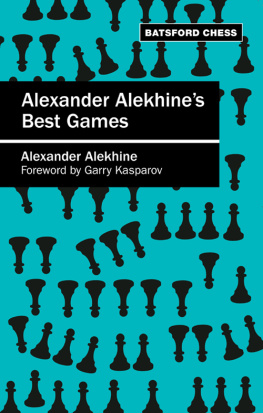
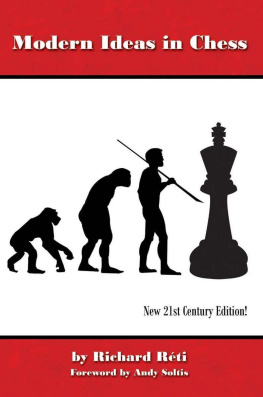

 2011 Russell Enterprises, Inc. Milford, CT USA Vienna 1922 by Larry Evans ISBN: 978-1-936490-02-8 Copyright 2011 Larry Evans All Rights Reserved No part of this book may be used, reproduced, stored in a retrieval system or transmitted in any manner or form whatsoever or by any means, electronic, electrostatic, magnetic tape, photocopying, recording or otherwise, without the express written permission from the publisher except in the case of brief quotations embodied in critical articles or reviews. Published by: Russell Enterprises, Inc. P.O. Box 3131 Milford, CT 06460 USA http://www.russell-enterprises.com Cover design by Janel Lowrance Photo of Larry Evans (p.6) courtesy of Ruth Haring Photo of Vladimir Vukovic courtesy of Jon Edwards Printed in the United States of America
2011 Russell Enterprises, Inc. Milford, CT USA Vienna 1922 by Larry Evans ISBN: 978-1-936490-02-8 Copyright 2011 Larry Evans All Rights Reserved No part of this book may be used, reproduced, stored in a retrieval system or transmitted in any manner or form whatsoever or by any means, electronic, electrostatic, magnetic tape, photocopying, recording or otherwise, without the express written permission from the publisher except in the case of brief quotations embodied in critical articles or reviews. Published by: Russell Enterprises, Inc. P.O. Box 3131 Milford, CT 06460 USA http://www.russell-enterprises.com Cover design by Janel Lowrance Photo of Larry Evans (p.6) courtesy of Ruth Haring Photo of Vladimir Vukovic courtesy of Jon Edwards Printed in the United States of America  Larry Evans 1932-2010 Career International Master 1952 International Grandmaster 1957 5-time U.S.
Larry Evans 1932-2010 Career International Master 1952 International Grandmaster 1957 5-time U.S.